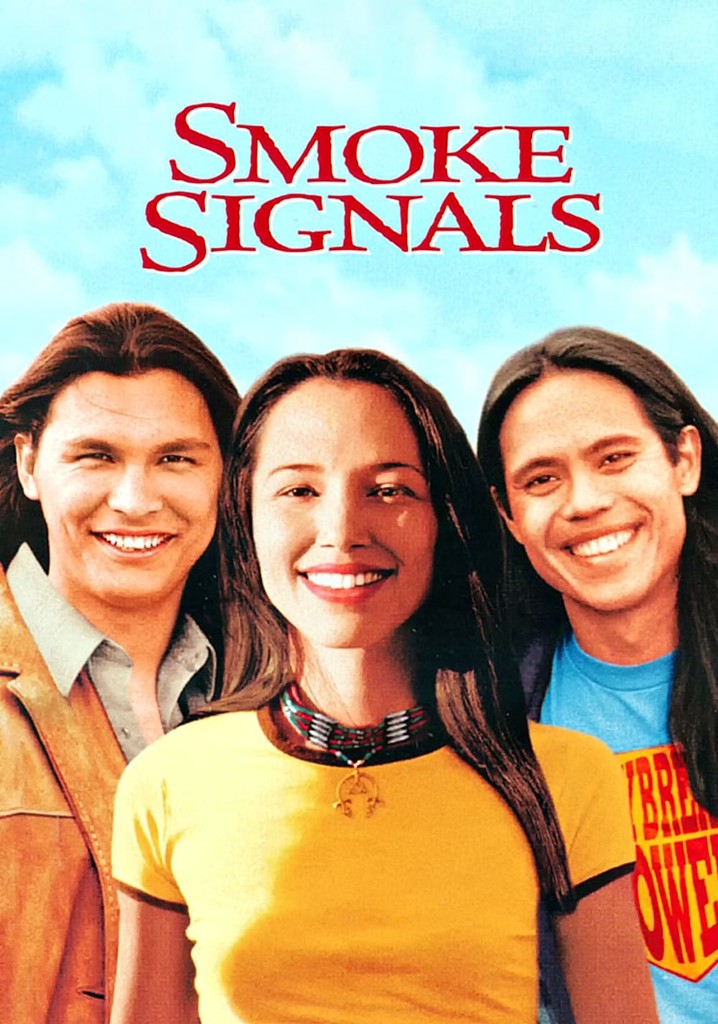Smoke Signals: Is It Legal to Buy Cigarettes on Indian Reservations?
Smoke Signals: Is It Legal to Buy Cigarettes on Indian Reservations?

You’re at the gas station, about to grab a pack of smokes, and you see a sign: "Cigarettes sold cheaper on the reservation." You’re intrigued. Cheaper smokes? Sounds good! But hold on a sec, is it even legal? Can you just waltz onto an Indian reservation and buy a carton without raising any eyebrows?
The answer, like most things in life, isn’t a simple yes or no. It’s a bit more complicated than that.
Related Articles: Smoke Signals: Is It Legal to Buy Cigarettes on Indian Reservations?
- Unveil the Enchanting World of the Seminole Indian Reservation
- Uncover the Enriching World of Texas Native American Tribes: Unveiling History, Culture, and Resilience
- Unveil the Hidden Gems: Explore the Indian Reservation Near Houston
- Unveiling the Largest Indian Reservation in America: A Journey of Discovery and Insight
- Unveiling the Native American Legacy: Discover the Enigmatic Reservations of Minnesota
Sovereignty and Smokes:
The United States has a long and, frankly, messy history with Native American tribes. One of the key aspects of this relationship is the concept of tribal sovereignty. This means that federally recognized tribes have the right to govern themselves on their own reservations, including setting their own laws and regulations.
This sovereignty extends to things like taxation, which is where the cigarette situation gets interesting. Tribes, unlike states, are not subject to the same federal excise taxes on cigarettes. This means they can sell cigarettes at a lower price, making them attractive to buyers looking for a bargain.
But Wait, There’s a Catch:
While tribes have the right to set their own cigarette regulations, they still have to abide by certain federal laws. This includes the Indian Tobacco Control Act of 1988, which requires tribes to have a licensing system for cigarette manufacturers and wholesalers operating on their reservations.
This law also requires tribes to collect and report data on cigarette sales, which helps the government track tobacco consumption and implement public health initiatives.
The Legal Gray Area:
So, where does that leave you, the average smoker looking for a deal? Technically, it’s legal to buy cigarettes on an Indian reservation. However, there are a few things to keep in mind:

- State laws: Some states have their own laws regarding cigarette sales, which might conflict with tribal regulations. For example, some states require cigarette sellers to be licensed and to comply with specific age verification requirements.
- Age restrictions: Despite the lower prices, you still need to be of legal age to buy cigarettes, which is typically 18 or 21 depending on the state.
- Counterfeit cigarettes: Unfortunately, the lower prices on reservations can sometimes attract counterfeit cigarette manufacturers. These cigarettes are often made with inferior ingredients and may even pose health risks.

Buyer Beware:
If you’re thinking about buying cigarettes on an Indian reservation, it’s important to be aware of these potential pitfalls. Here are a few tips to keep in mind:
- Check the packaging: Look for any signs of tampering or damage on the cigarette packaging.
- Ask questions: Don’t be afraid to ask the seller about the source of the cigarettes.
- Do your research: Before you head to the reservation, take a look at the tribal website or contact the tribal government to see if they have any specific regulations regarding cigarette sales.
- Be mindful of your state laws: Make sure you’re not breaking any state laws by purchasing cigarettes on the reservation.

The Bottom Line:
Buying cigarettes on an Indian reservation can be a way to save money, but it’s not without its risks. It’s important to be informed about the laws and regulations surrounding cigarette sales on reservations and to be a smart consumer.
Beyond the Smoke Screen:
The issue of cigarette sales on Indian reservations is just one facet of a much larger and complex conversation about tribal sovereignty and self-determination. It’s a topic that requires a nuanced understanding of history, law, and the unique challenges faced by Native American communities.
Let’s Talk About It:
This article is just the beginning of the conversation. What are your thoughts on cigarette sales on Indian reservations? Do you think it’s a fair practice? Should there be more regulations in place to ensure the safety of consumers? Share your thoughts in the comments below!
FAQ:
Q: Are cigarettes on Indian reservations always cheaper?
A: Not always. While tribes don’t have to pay the same federal excise tax, they may still have to pay state taxes or other fees, which can affect the price.
Q: Is it illegal to buy cigarettes on an Indian reservation if I’m under 18?
A: Absolutely! Age restrictions on tobacco products apply everywhere, including on Indian reservations.
Q: What if I buy cigarettes on a reservation and take them back to my state, where they’re illegal?
A: This is a gray area. While you might be technically breaking state law, it’s unlikely to be a major issue. However, it’s best to err on the side of caution and avoid purchasing cigarettes that are illegal in your state.
Q: Can I sell cigarettes on an Indian reservation without a license?
A: No. Tribes are required to have licensing systems in place for cigarette manufacturers and wholesalers operating on their reservations.
Q: What are the health risks associated with counterfeit cigarettes?
A: Counterfeit cigarettes often contain harmful substances like heavy metals and pesticides, which can lead to serious health problems. They may also contain lower levels of nicotine, which can make them more addictive and difficult to quit.
Remember, it’s always best to consult with a legal professional for specific advice regarding any legal issues related to cigarette sales on Indian reservations.
Closure
Thus, we hope this article has provided valuable insights into Smoke Signals: Is It Legal to Buy Cigarettes on Indian Reservations?. We appreciate your attention to our article. See you in our next article!
